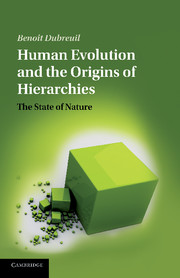Preface
Published online by Cambridge University Press: 17 February 2011
Summary
i first imagined writing this book when i enrolled as a graduate student in political philosophy. I was fascinated by the state as a form of political organization and was determined to dedicate my dissertation to it. The most fashionable stance in the literature at that time – in both political science and political philosophy – was to emphasize the contingent nature of the institution that interested me so much. The state, especially the modern state, was presented as the outcome of a particular history; namely, that of Western civilization during the last five centuries. The world to come, here went the influential tenet, would be one in which the state as we know it would vanish and make way for new forms of “global governance.” In this new era of post-sovereignty, the old Westphalian concepts familiar to us moderns would become unrecognizable.
When I began writing this book, my primary intention was to defend a different view. I wished not to deny that the modern state was in some unquestionable way the contingent outcome of a historical process, but instead, to explore if in another sensible way, it could also result from some robust causes, inseparable from what we are as human beings. Modern political philosophers aspired to understand how the state – or civil society – was taking the human out of the state of nature. In contrast, my objective was to show how the state itself was a part of nature – of our nature.
- Type
- Chapter
- Information
- Human Evolution and the Origins of HierarchiesThe State of Nature, pp. xiii - xviPublisher: Cambridge University PressPrint publication year: 2010

